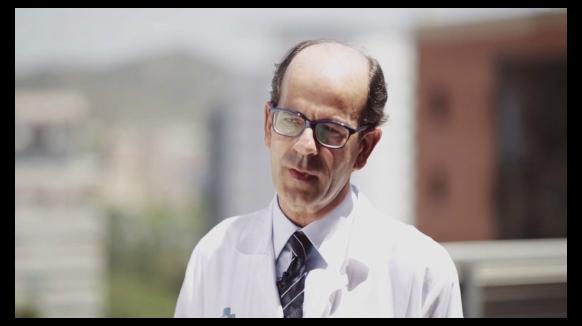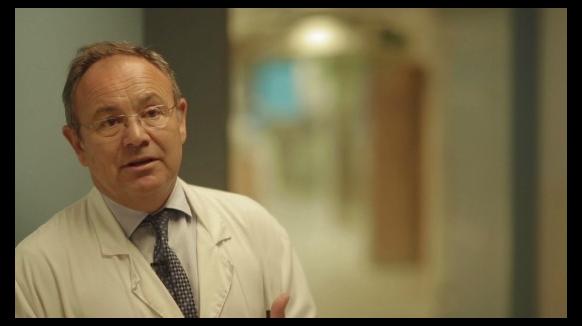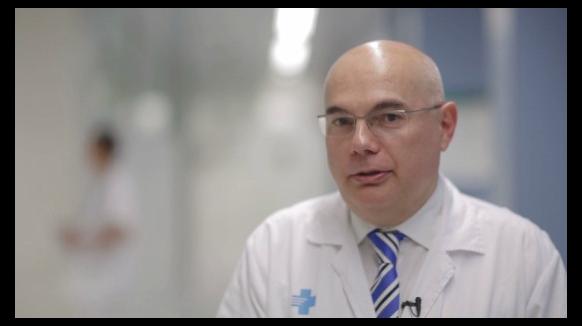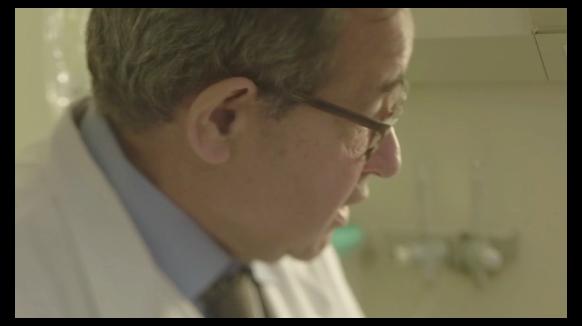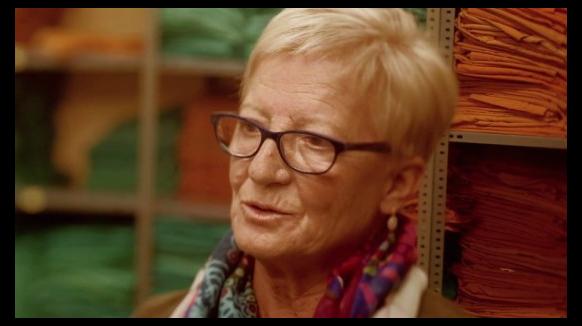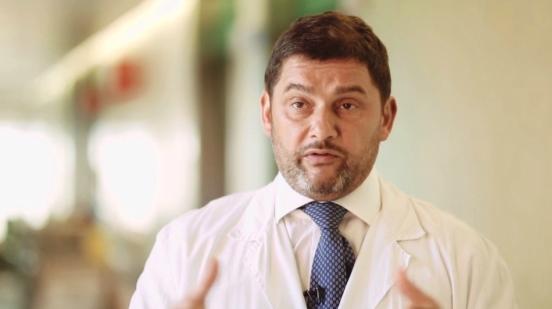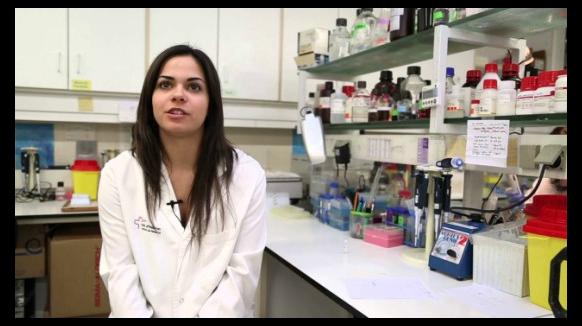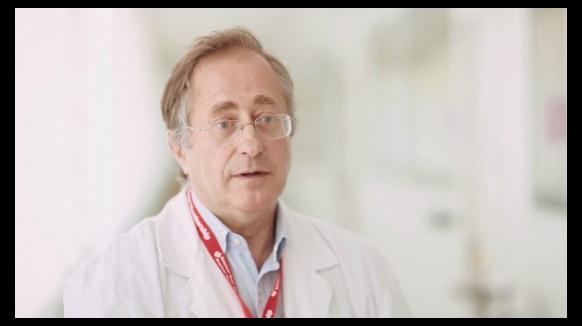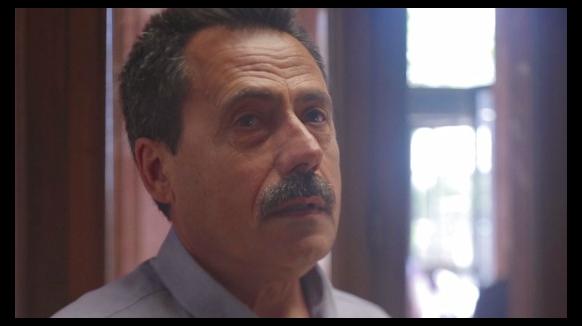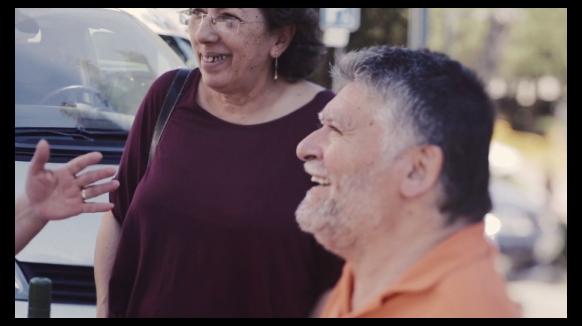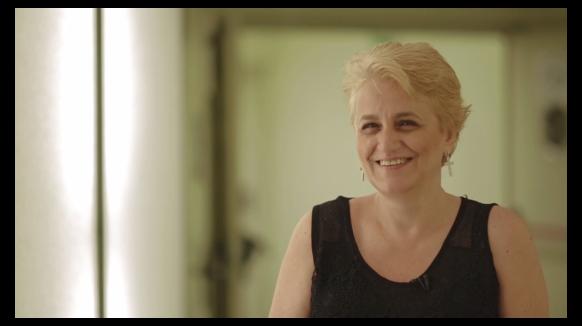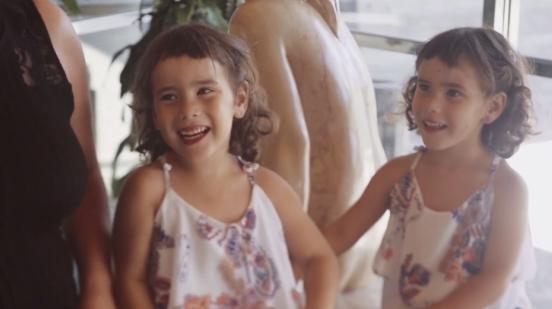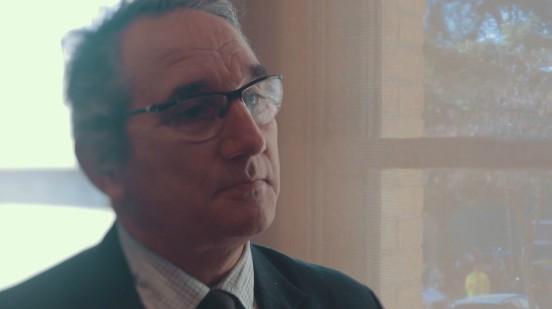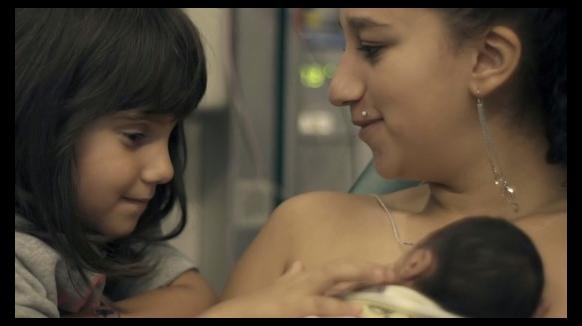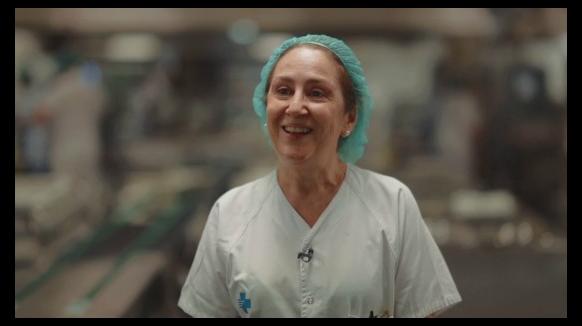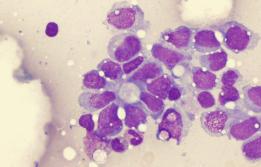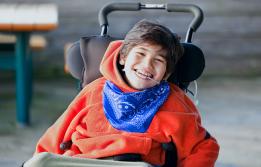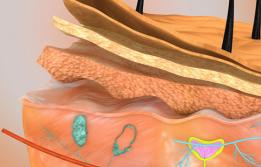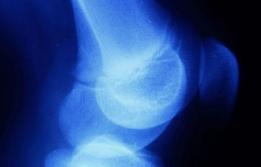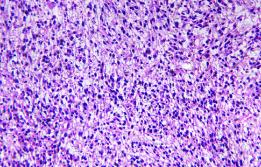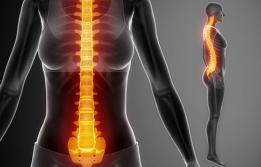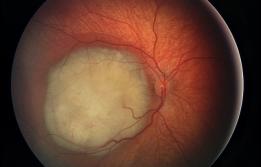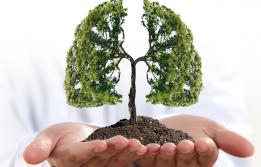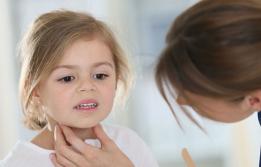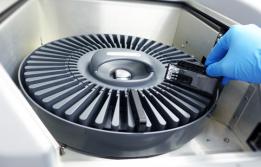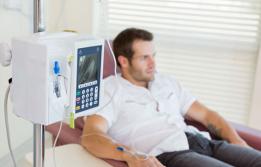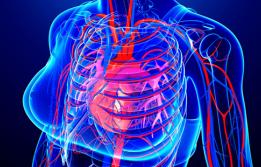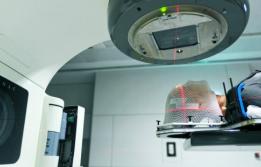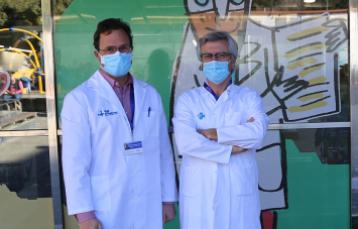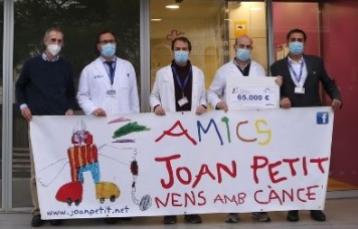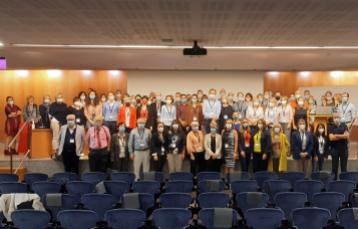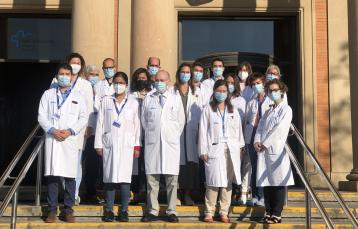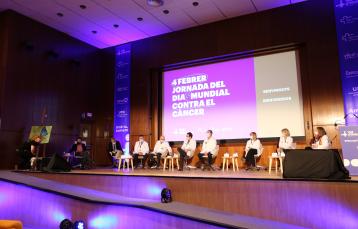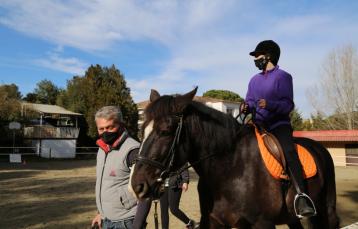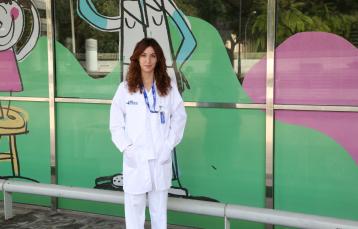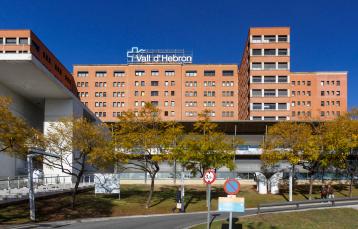Paediatric Oncological Surgery Unit
Paediatric oncological surgery is the branch of paediatric surgery that is dedicated to the surgical treatment of paediatric oncological and haematological diseases and their complications. It is one of the basic pillars for the treatment of solid paediatric tumours.
These are illnesses that, due to their severity, complexity, and rareness, must be centralised in hospitals that are equipped with experienced multidisciplinary teams and the technology and medical experience necessary. The evolution of this unit has often gone hand-in-hand with the surgical advances achieved in solid organ transplants, which has allowed it to develop advanced techniques that now make enormously difficult cases operable. In addition, it frequently requires collaboration from other highly complex paediatric specialities (heart surgery, neurosurgery, spinal surgery, plastic surgery, etc.).
Vall d’Hebron is the hospital that offers the most oncology services in Catalonia, and it is a member of the European Reference Networks (ERNs) for Paediatric Oncology “PaedCan” and Rare Haematological Diseases “EuroBloodNet”. It is also accredited by JACIE for paediatric haematopoietic stem cell transplants.
Description
Description of the speciality
Paediatric tumours are complex and rare. Treating them in reference centres such as Vall d’Hebron offers the maximum chances of success. The Oncology Surgery Unit is a highly specialised reference unit that works in collaboration with the Paediatric Oncohaematology Department and other related departments, to offer the patient the best possible quality of care. We boast medical, surgical, and central departments that are highly specialised in oncological care and that ensure a comprehensive vision of the process. They incorporate all of the preventative, diagnostic, therapeutic, and monitoring aspects that these patients require, including personalised therapies and the use of genomic platforms. The hospital has some of the latest technological advances at its disposal, which allows us to offer everything from minimally invasive and robotic surgery to combined treatments using interventional radiology and complex multidisciplinary interventions. The position of Vall d’Hebron Hospital as a national reference centre for paediatric solid organ transplants allows for comprehensive care in cases where transplants are the only treatment or part of the treatment (especially in liver and kidney tumours) to cure the illness.
The Unit also provides the surgical treatments necessary for benign and malignant paediatric haematological diseases and haematopoietic stem cell transplants, such as fertility preservation techniques and the removal of the spleen in some types of anaemia.
We also participate in VHIR’s Translational Research in Cancer in Children and Teenagers Group as a fundamental part of the team, which works closely with clinical care, mostly through the Programme for Personalised Medicine in Paediatric Cancer. We also collaborate with other national and international research centres, along with several international collaborative groups for solid paediatric tumours. This allows us to remain at the forefront of surgical treatment for paediatric oncohaematology patients.
Either as a unit or individually, we participate in and/or are accredited by, via external audits, the following national and international networks, which guarantee that patients can access our unit from any point within the Spanish or European healthcare system:
ERN (European Reference Networks)
- PaedCan (Paediatric Oncology)
- EuroBloodNet (Rare Haematological Diseases)
- EndoERN (Rare Endocrine Conditions, including Rare Endocrine Tumours)
- eUROGEN (Rare and Complex Urogenital Diseases and Conditions, Rare Urogenital Tumours section)
Reference Centres, Services and Units (RCSU)
- Neuroblastoma
- Childhood sarcomas
- Paediatric haematopoietic stem cell transplant
- Paediatric liver transplant
- Paediatric kidney transplant
Diseases related to this speciality
The Unit treats all kinds of benign and malignant tumours, both visceral and of the soft tissue (thoracic and abdominal), with the exception of tumours of the central nervous system, the locomotor apparatus, and the heart, which are operated on by other surgical departments at our centre. We cover the age range from the prenatal period to adolescence, and even treat young adults (for some types of tumours).
We treat, among others, the following solid tumours:
- Foetal and neonatal tumours: sacrococcygeal teratoma, congenital neuroblastoma, mesoblastic nephroma, and others. Our collaboration with the Foetal Medicine Unit even allows us to perform foetal and peripartum surgery, when necessary.
- Neurogenic tumours: ganglioneuroma, ganglioneuroblastoma, neuroblastoma (RCSU). Open and minimally invasive surgery. Tumours with risk factors determined by imaging (vascular invasion, etc.).
- Kidney tumours: nephroblastoma (Wilms’ tumour), clear cell sarcoma, mesoblastic nephroma, renal carcinoma, and others. This includes cases with vascular invasion that may require extracorporeal circulation, bilateral tumours, techniques to preserve renal tissue, and minimally invasive surgery (it is designated as one of the Spanish surgical reference centres, and the only one in Catalonia, under the current European protocol for paediatric kidney tumours, RTSG-UMBRELLA).
- Liver tumours: hepatoblastoma, hepatocarcinoma, hepatic sarcomas, and others (it is a reference centre in Spain and the only centre in Catalonia within the ERN PaedCan sub-network for liver tumours). It works in coordination with the Paediatric Hepatobiliopancreatic Surgery Unit and the Paediatric Liver Transplant Unit, in accordance with international recommendations (SIOPEL group, PHITT protocol). Evaluation of liver transplant in cases of unresectable tumours (those designated PRETEXT III and IV).
- Soft-tissue sarcomas and bone sarcomas (RCSU): rhabdomyosarcoma, non-rhabdomyosarcoma soft tissue sarcoma, osteosarcoma, Ewing’s sarcoma, and others.
Among the soft-tissue sarcomas, the following are included: retroperitoneal tumours, sarcomas of the biliary tract, gynaecological sarcomas, etc. We are a reference centre in Spain for the treatment of all kinds of paediatric sarcomas, and we are part of the EpSSG Surgical Subcommittee.
In bone sarcomas, we treat tumours of the thoracic wall, even when the vertebrae and medullary canal are affected (in collaboration with the Spine Unit) and/or the case requires complex thoracic reconstruction.
- Gonadal tumours (affecting the ovaries and testicles): germ-cell tumours and non-germ cell tumours. Surgery to preserve fertility. Minimally invasive surgery.
- Mediastinal tumours, using thoracoscopic and open approaches (thoracotomy, sternotomy).
- Rare paediatric tumours: thyroid tumours (preventive thyroidectomy in MEN2 syndrome, thyroid carcinoma, thyroid adenoma), adrenal tumours (adenomas, carcinomas, pheochromocytomas), paragangliomas, lung tumours (carcinoid tumours, myofibroblastic tumours, pleuropulmonary blastomas, and others), etc.
- Treatment of visceral metastases: pulmonary, hepatic, and other types. Open and minimally invasive approaches.
Regarding haematological diseases, we would especially like to mention:
- Treatment of surgical complications related to chemotherapy and radiotherapy treatments and haematopoietic stem cell transplants. With an emphasis, for example, on:
- Surgical treatment for invasive pulmonary fungal infections
- Enter Treatment for typhlitis and intestinal pneumatosis
- Surgical treatment via laparoscopic splenectomy (either total or partial) and surgical treatment for the complications arising from haemolytic anaemia, including cholecystectomy, and handling complications affecting the bile duct.
Other treatments
- Fertility preservation techniques: Ovarian preservation (in collaboration with the Gynaecology Department), ovarian and testicular transposition, placement of intra-abdominal spacers
- Placement of permanent central venous catheters (Port-a-Cath, Hickman, Broviac), placement of feeding tubes, carrying out tracheotomies
- Carrying out radio-guided and surgical percutaneous biopsies
- Surgery for benign paediatric endocrine pathologies of the thyroid, parathyroid, and adrenal glands
Lastly, the Oncology Surgery Unit coordinates and takes part in Vall d’Hebron Hospital Paediatric Vascular Anomalies Committee, which meets once a month. This committee is comprised of dermatologists, plastic surgeons, paediatric surgeons, radiologists, pathologists, interventional radiologists, oncologists, and paediatricians. Its objective is to diagnose and treat the most complex cases of anomalies and both cutaneous and visceral vascular tumours.
- Surgical and percutaneous treatment (ultrasound-guided sclerosis) of cystic lymphangiomas and other vascular malformations or vascular tumours (haemangioma, kaposiform haemangioendothelioma, tufted angioma, etc.). Use of endoscopy to get to hard-to-reach lesions (in the airway, digestive tract, etc.). Systemic pharmacological treatment in cases where this is appropriate.
How can you contact us?
- In our clinic, located on the lower ground floor of Vall d’Hebron Children’s Hospital.: Oncological Surgery, Tuesdays from 9:00 to 12:00 at door #11, telephone +34 934 893 360
- By phone, calling the Surgery Administrator on +34 934 893 142 or the Administrator for the Paediatric Surgery In-patient Ward on +34 934 893 075
- At our office, located on the 1st floor of Vall d’Hebron Children’s Hospital, Paediatric Surgery In-patient Ward +34 934 894 352
- By email: gguillen@vhebron.net, sergio.lopez@vhebron.net, jamolino@vhebron.net
